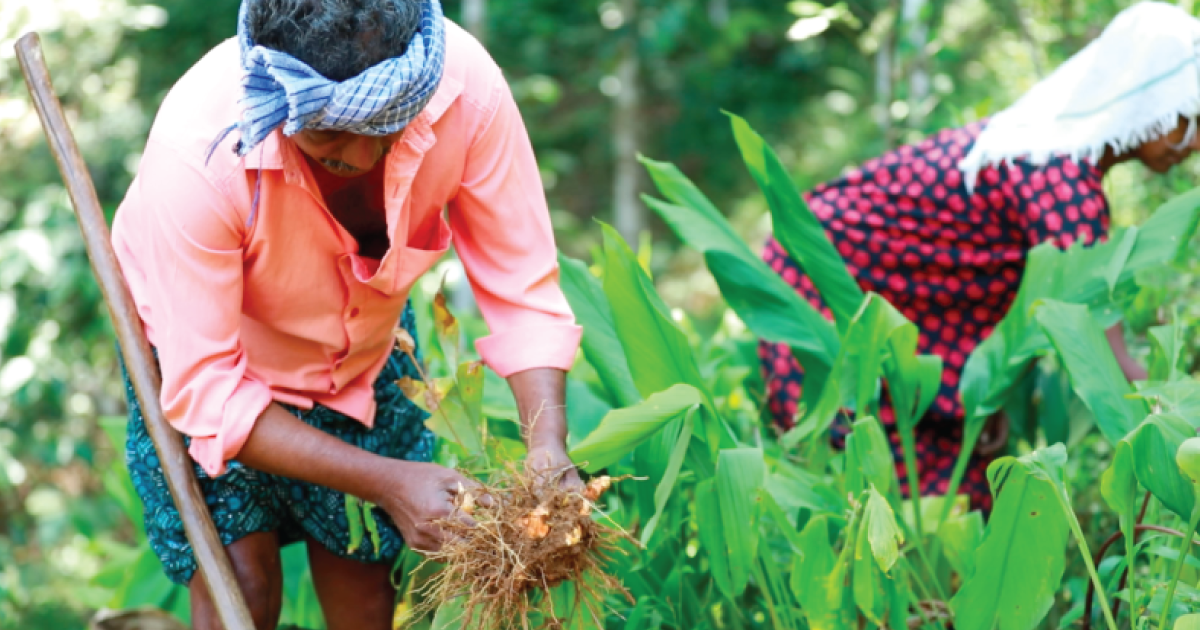
Regenerative: Fair for Farmers, Organic for You
Dana Geffner, Executive Director of Fair World Project and a Regenerative Organic Alliance Board Member, shares her thoughts about how social fairness forms a foundational pillar of the Regenerative Organic Certification.
April 7, 2020 | Source: Rodale Institute | by Dana Geffner
I have been working in the fair trade movement for over 20 years. In 2010, I co-founded the non-governmental organization, Fair World Project, to promote the fair trade movement and watchdog the fair trade industry. I have visited many fair trade projects, from India to Ghana to Guatemala, and have found that organized farmers in long-term commercial partnerships with committed buyers not only fare the best, but are more likely to be implementing regenerative organic practices. These are the most exciting projects to visit and they are what gives me hope for the future.
When I visit farming communities, I’m always reminded that small-scale farmers’ margins are tight, capital is limited, and markets are difficult to reach. Regenerative organic practices often require more labor and investment than conventional agricultural systems. In order for farmers to implement truly regenerative organic practices they need fair terms of trade—including fair payments. Compensating farmers fairly is critical to scaling out regenerative practices and ensures that the true cost of production—including paying workers living wages—is the starting point for farmers to deal with the biggest threat to humanity: climate change.
